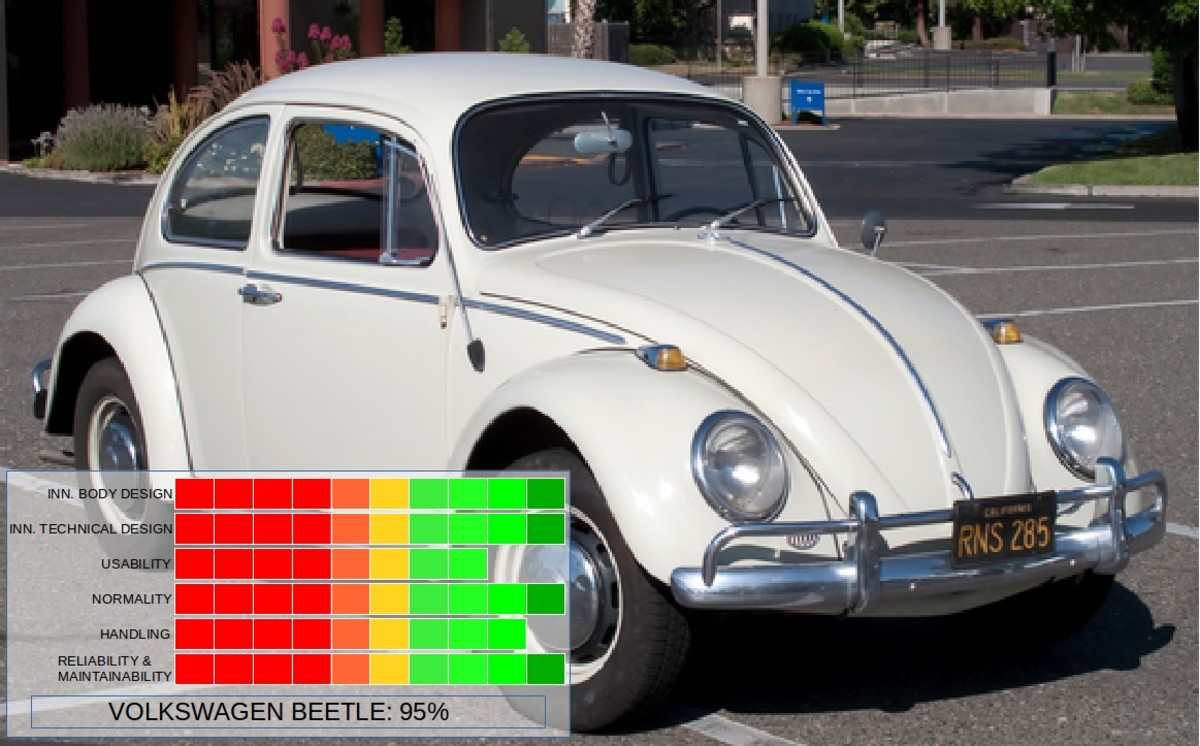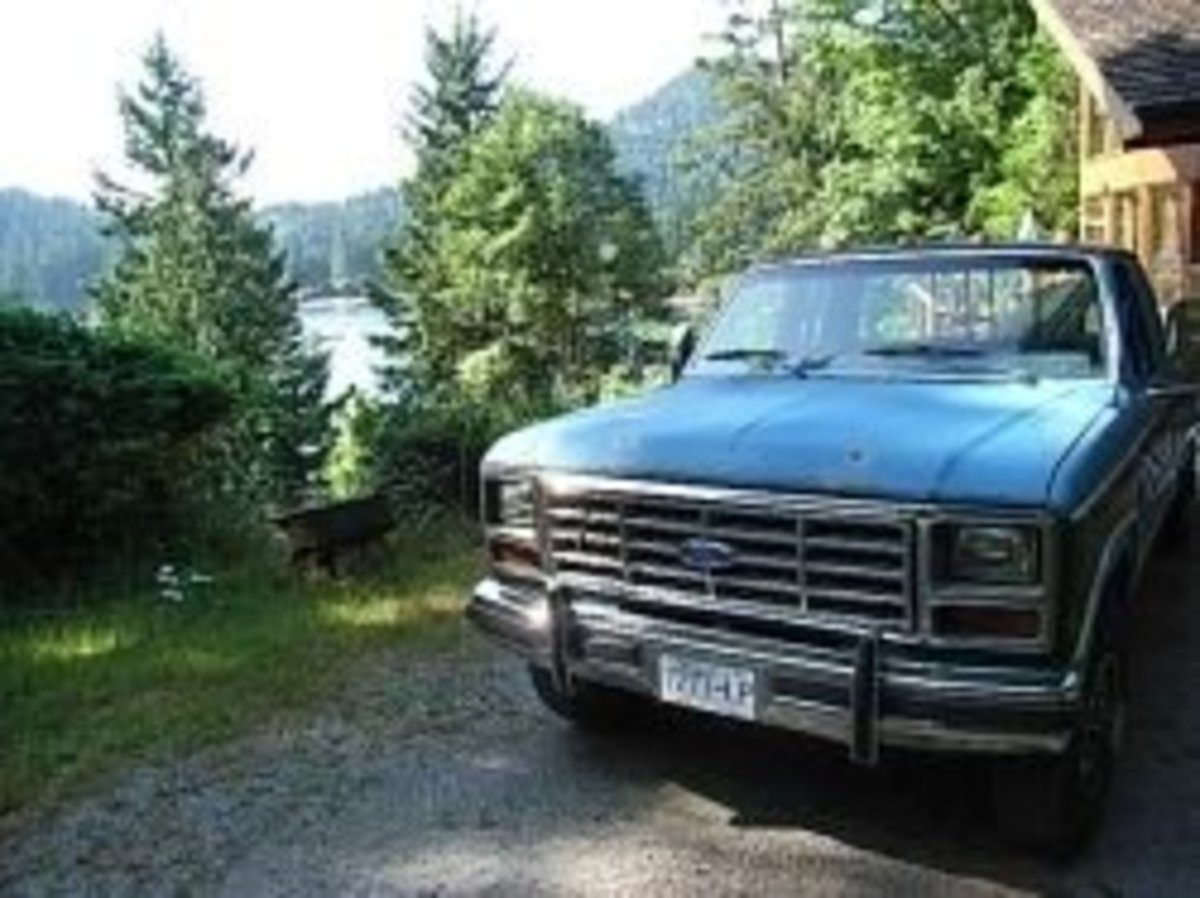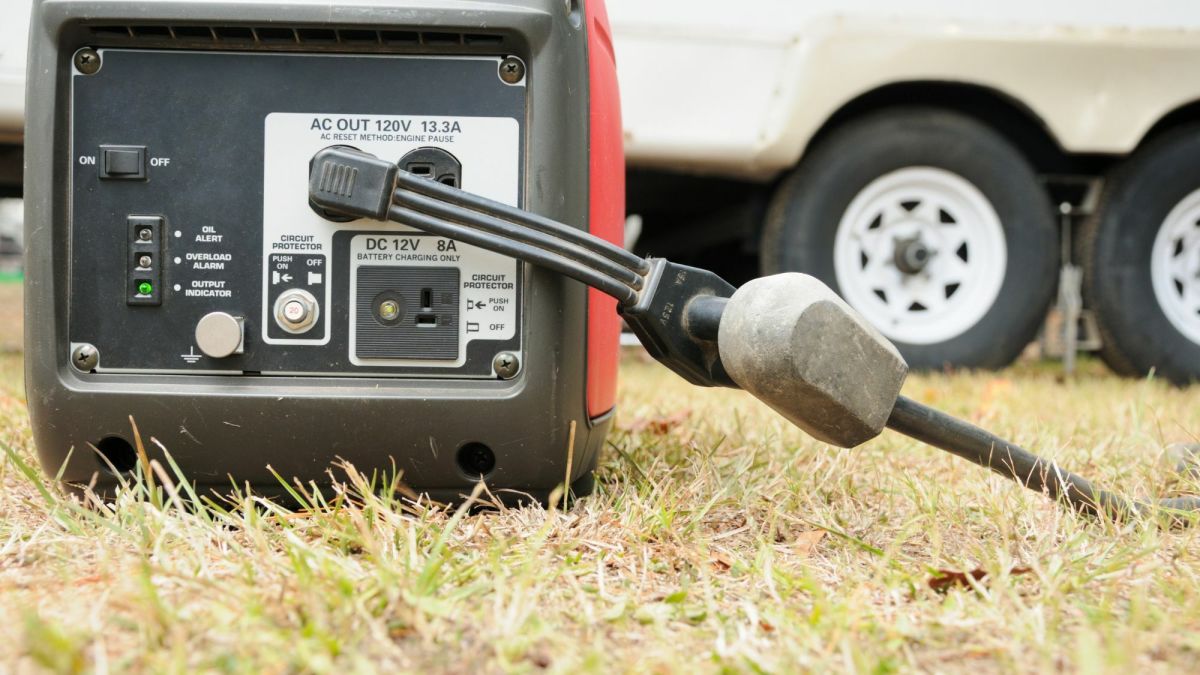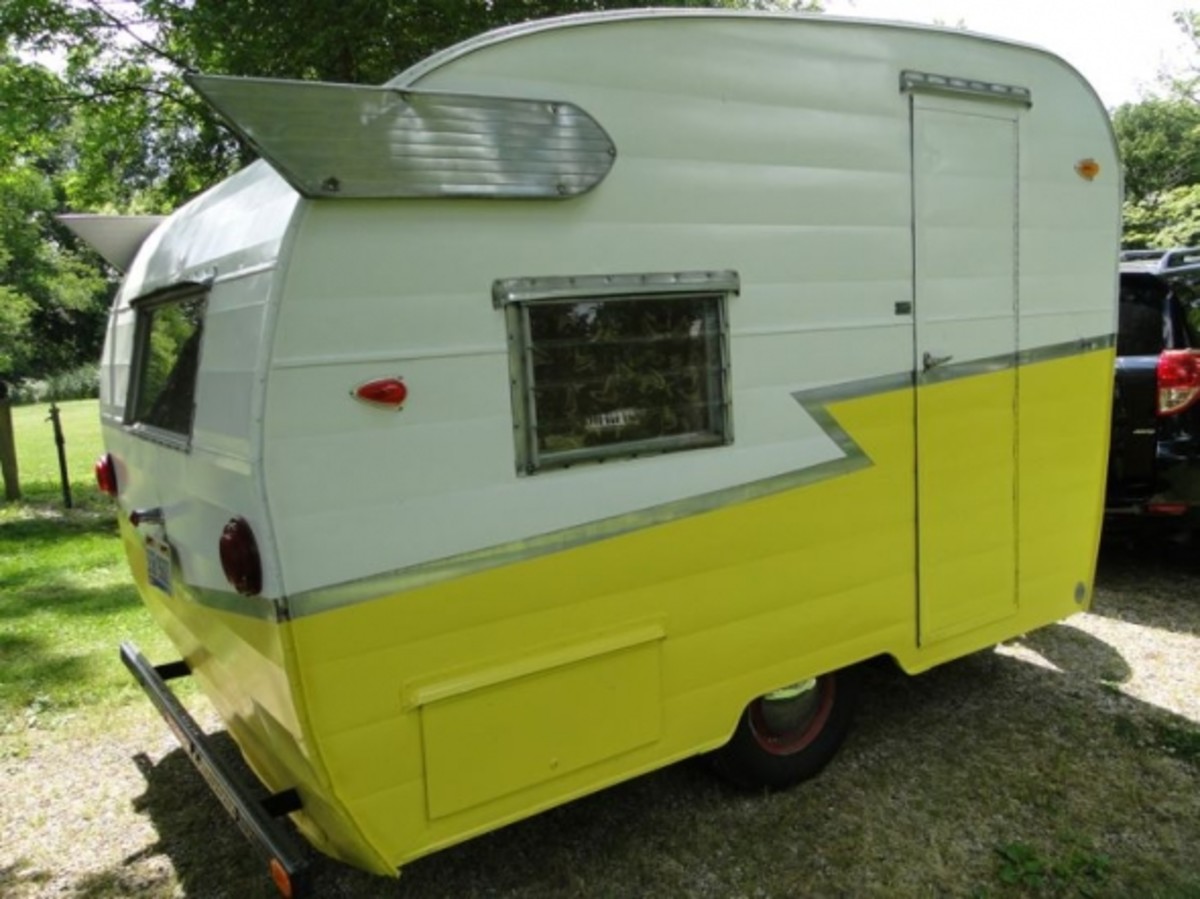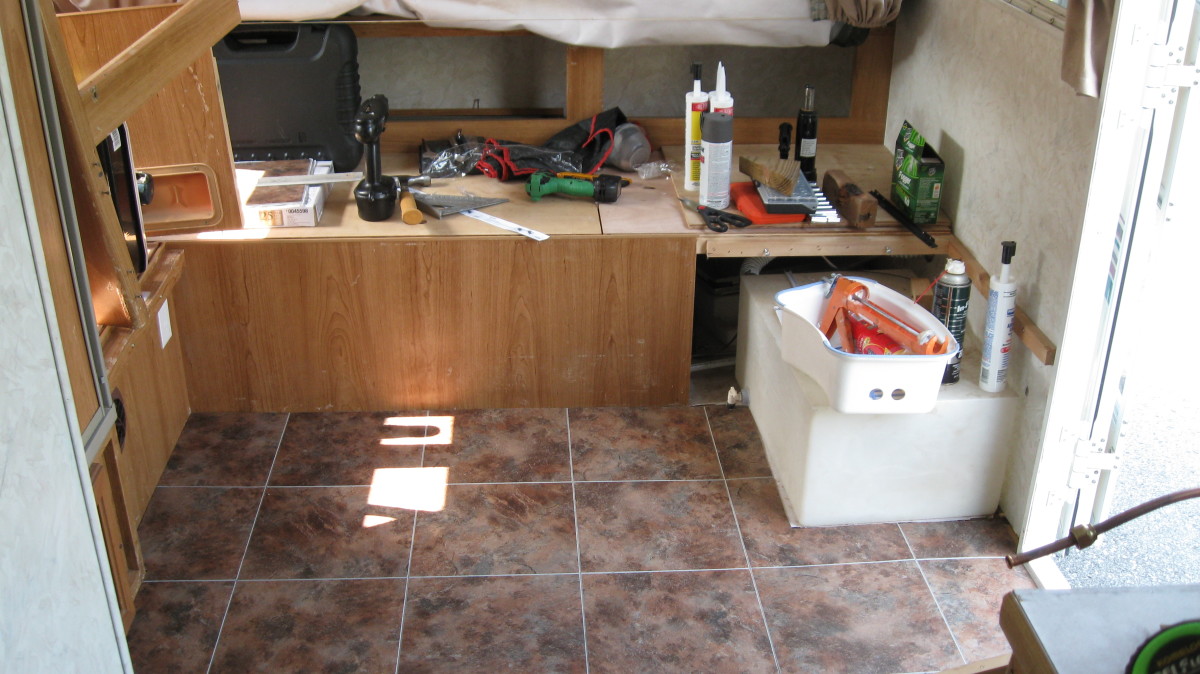- HubPages»
- Travel and Places»
- Travel Transportation»
- Recreational Vehicles
How to choose the correct motorhome for you ... first time.
A beginner's guide to motorhomes ...
I am not writing in this hub about those huge American RV's that you see only occasionally on British roads. I am not qualified to discuss those. Nor am I going to advise about the small van conversions or the VW campers which are usually the domain of surfer dudes and enthusiasts as I regard these as little more than tents with a hard carapace. There is a little too much outside living with these vehicles for my liking. I'm going to discuss the middle of the road (not literally) sort of vehicle.
Decide what style of motorhome you like and then see if you can afford it.
At my time of life I need a little more luxury so I began to think in terms of the motorhomes that have the glamour of their own lounge, bathroom and a fixed bed at the rear, a new feature that is gaining ground with motorhome designers. Such motorhomes fall into various categories and usually your budget will decide what sort of motorhome you can go for.
The most popular styles at present are the coachbuilt (the first two photos here show these) and the up-a-notch A-class. The difference in style is obvious as the A-class doesn't have a raised roof above the cab. The coachbuilt is the equivalent of bolting a garden shed onto a separate chassis made by someone else entirely, usually the same company who supply the engine.
The A-class motorhome is usually the more expensive option and is built entirely by one company, chassis and body, though they too buy someone else's engine to put in it. I must own up to my own bias here which is that, from an aesthetic point of view, I think the look of the A-class beats the coachbuilt hands down. And if you can link that to a bit of 'iconic' cool such as the Hymer (see bottom photo) then you give yourself a tad more camp-cred (as opposed to street cred).
It's pure snobbery, I know, and I hold my hands up to it, but there is no getting away from the fact that the A-class is regarded as the next level up from coachbuilt in the motorhoming world and I would willingly pay for an older A-class rather than get a younger coachbuilt and, in fact, I have. There is also an added advantage to the A-class and that is the fact that, quite apart from looking better, they usually have a better build quality.
Just some of our motorhomes.
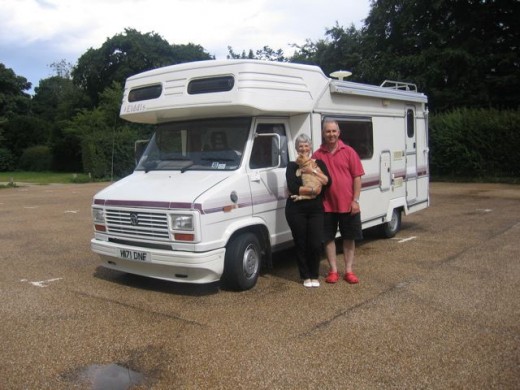
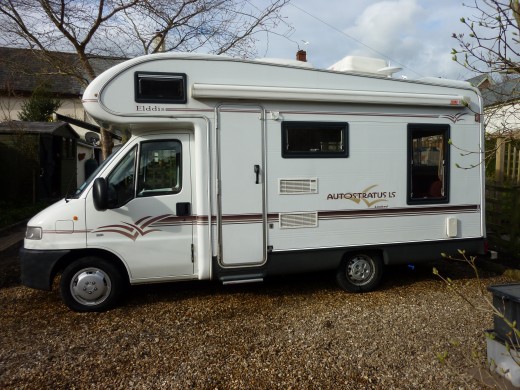
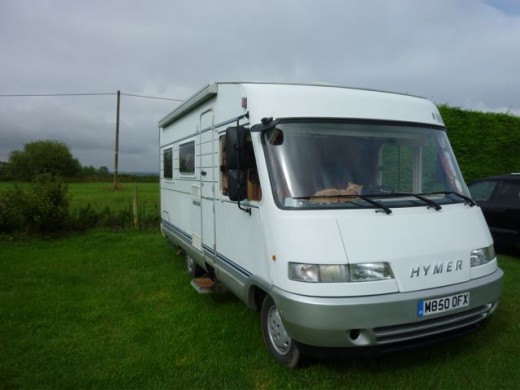
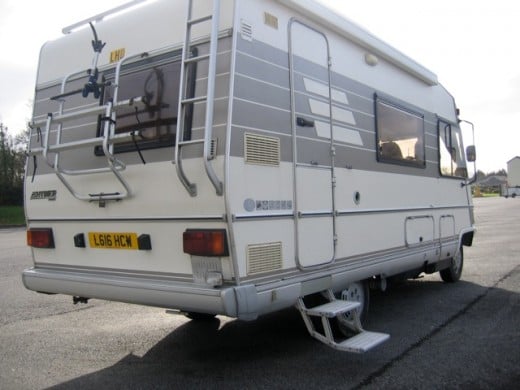
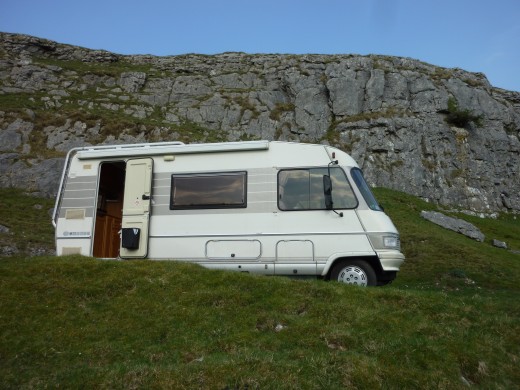
Do your research before buying a motorhome.
So, the first step is to decide on which style of motorhome you prefer and then look for examples within your budget. If you have a shed-load of dosh then you have no problem. Assess you requirements in terms of berths, length, fitments (separate shower/fixed bed etc) and just go out and buy what appeals to you the most.
In this hub I'm addressing those of us who have limited resources and need to make a good solid buy, preferably from a private seller which, even though it carries obvious risks, will be the cheaper deal. A dealer has a lot of overheads and needs to make significant profit. He may offer you 3 months warranty but it could still go wrong just out of warranty and you would have wasted a lot of money, maybe as much as a couple of thousand pounds.
Once you have chosen which style you prefer, you need to check certain things.
A motorhome's engine should always be diesel.
Always make sure it is a diesel engine as these are big, robust engines capable of hauling a lot of weight around (often about 3+ tons) and motorhome manufacturers buy tried and trusted engines from the specialist companies that have perfected them.
There are older motorhomes out there that still have petrol engines, but a dieselengine is stronger and while the fuel may be marginally more expensive, if you get the right size engine, preferably a tough 2.5 ltr, the engine will not have to struggle so hard to pull thus using less fuel anyway. You may find some petrol versions that have been converted to LPG and these often give you the option of alternating between the two. Just a word of warning here, although LPG is amazingly cheap compared to either petrol or diesel the engine does seem to get through rather a lot of it.
So in Britain at least you need to make sure you know where all the LPG filling stations are whenever you go anywhere as they are still a bit thin on the ground and you will need to fill up frequently.
Does it leak?
Always get a 'habitation check' if buying from a private seller, or even a dealer who hasn't offered you one. This will check that the vehicle is watertight. You may even wish to get a check on the superstructure of the vehicle by one of the big motoring organisations. This is not the same as a 'habitation check'. These will cost you so make sure you only get them carried out on something you already feel you are fairly sure about buying.
The habitation check will need to be carried out by a qualified caravan/motorhome dealer so you may need to leaf through Yellow Pages for that. I would certainly advise you get one of these as older motorhomes can leak and are notoriously hard to make leakproof once they start. The first motorhome we had (first photo below) was in fact a travelling sponge despite my husband's constant efforts. He even took out all the screws on the seams and reseated them in sealant. He improved it a lot but it was never totally watertight.
We had had no habitation check before we bought it hence my stressing the importance of having one. Still, the motorhome only cost us £4,000, we did 10,000 miles in the year we had it and in dry weather it was fine.
Water ingress, as it is termed, can be avoided altogether however if one opts to buy the seamless, GRP monocoque used by some motorhome builders and because these carry a moulded fibreglass shell with no seams they tend to hold their value, though even they are not foolproof. Water can still get in around window seals on older models and on some of them the insulation may be a bit meagre.
Apart from leakage problems one of the other important aspects of the habitation check is to make sure the gas appliances and the tubing leading to them is safe and is not perished so it is worth having a check for this alone.
Does it have a service history?
A full service history on an older motorhome is a rare find, teeth and hen's come to mind, and it is worth paying extra for a vehicle with one. More often though you find you are being shown a fistful of receipts and a bit of service history which is better than nothing. We tend to take a chance if the vehicle has had a recent MOT and the cam belt is well within its shelf life. So far the gamble has paid off. (I hope I have not just put the kiss of doom on our luck).
But it also pays to assess that far more nebulous thing, trust in the seller. We have been lucky, we seem to have bought off honest and genuine people whom we instinctively felt we could trust. Buying any vehicle can be a gamble and provided your prospective motorhome has not done too many miles you may find you just have to take a risk.
The internal layout of motorhomes.
This is a very personal angle and there are many variants both in layouts available and in your own requirements. Only you will know how many berths you need, how big the motorhome needs to be to comfortably accommodate you all, whether you need a fixed bed/bunk beds, how big the bathroom should be and how many seat-belted seats you will need in the back. There are so many variations on this theme that I suggest you write a checklist of 'must haves' and a list of 'desirables' and then go looking.
The thing is to take your time and make sure the inside is right for your needs. This is the voice of experience talking, we have had several different internal layouts and feel we have only just decided on which one really works for us. So it pays to do your homework with this particular aspect.
My final advice is to enjoy your motorhoming, in all its aspects. There may be people out there who don't enjoy the experience but I've never met them. Bon voyage!
For more information on how attached we became to our Hymer motorhomes see:
http://thisisangiesblog.blogspot.com/2011/06/goodbye-herman.html

